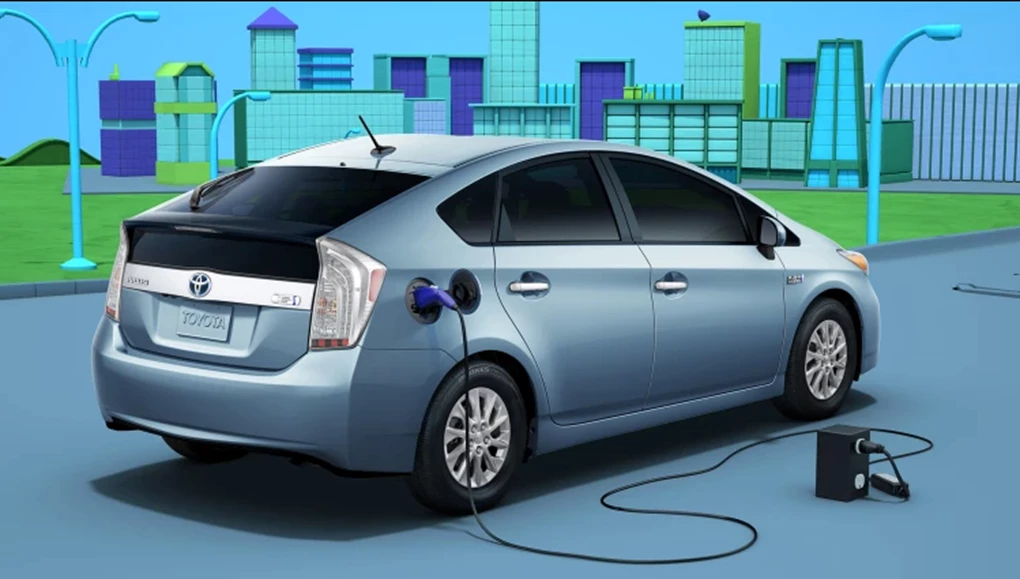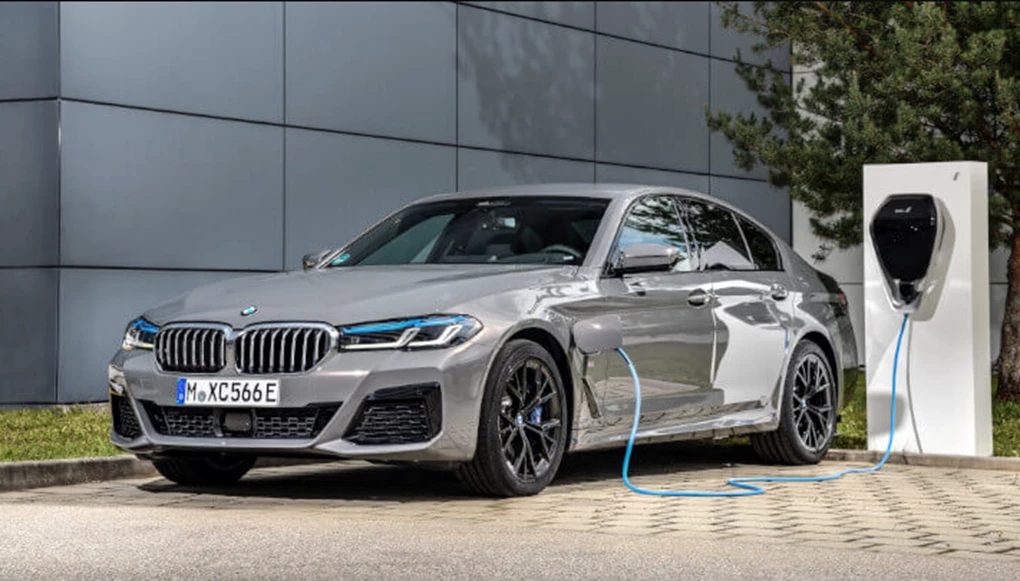The UK government has confirmed that hybrid cars will now remain on sale until 2035, softening the strict rules originally set to phase out petrol and diesel vehicles by 2030. Prime Minister Keir Starmer called the previous timeline “too soon,” saying hybrids still have a useful role to play in cutting emissions.
Speaking from JLR’s Solihull factory, Starmer said the changes are about being realistic. “We’re not being ideological about how we cut emissions,” he said. “We’re going to make it work for the industry and the public.”
So, What’s Changed?
Under the updated Zero Emission Vehicle (ZEV) mandate, the government has relaxed several key rules:
- All types of hybrids – including full hybrids (HEVs), plug-in hybrids (PHEVs), and range-extender models – will now be allowed to stay on sale until 2035.
- The old plan, which limited post-2030 sales to only hybrids with a “meaningful electric range,” has been dropped.
- Car makers will still need to meet electric car sales targets, but they’ll now have more flexibility in how they do it.
- Small car makers like McLaren and Aston Martin are exempt from hitting the 80% electric sales target in 2030.
- Fines for missing targets have been reduced, and car makers can trade emissions credits between different models and even between cars and vans.

Why the U-turn?
Electric car demand isn’t growing as fast as the targets hoped. Despite big discounts, car makers struggled to hit last year’s goal of 22% EV sales. This year, they need to reach 28%, but the market is still around eight percentage points behind.
At the same time, global issues like the US’s new 25% tariffs on imported cars have made things harder for UK manufacturers. With nearly a third of British-built cars headed to America, the pressure is on to protect jobs and keep factories running.
The new rules are meant to “ease the transition” for both car makers and drivers. Recent figures show hybrid sales are growing – plug-in hybrid registrations rose nearly 38% last month, and other hybrids jumped by 28%. EVs, by contrast, made up just over 20% of the market.
What This Means for You?
If you’re not ready to go fully electric just yet, you’ve now got more time. Full hybrids like the Toyota Corolla and plug-in hybrids like the Ford Kuga PHEV will be on sale until 2035. Even Nissan’s e-Power models, which run on electricity but use a petrol engine as a generator, are included.
And if you're eyeing a new petrol car, the government says "cleaner, more efficient" ones will still be available until 2030 – and will count towards manufacturers' EV targets, giving a bit more breathing room all round.

Industry Reaction: A Mixed Bag
The car industry has welcomed the flexibility. Mike Hawes, head of the Society of Motor Manufacturers and Traders (SMMT), said: “The government has rightly listened to industry... but more support is still needed to boost consumer demand.”
Ford and Stellantis also approved of the changes but stressed that what’s really needed are better incentives for buyers – like scrapping VAT on public charging or offering grants to help people afford EVs.
However, not everyone is happy. Ginny Buckley, founder of Electrifying.com, said hybrids are “a compromise from a previous era” and warned that dragging them out to 2035 could slow progress on cutting emissions.
The Bigger Picture
This isn't the end of the road for the petrol and diesel ban – just a slower, more flexible route to get there. The 2030 date for ending new sales of petrol and diesel cars still stands, but now there's a clearer path for hybrids.
More details are expected this summer when the government unveils its new industrial strategy. Until then, drivers, dealers and car makers will be adjusting to the new timeline – and weighing up their next move in the switch to electric.




